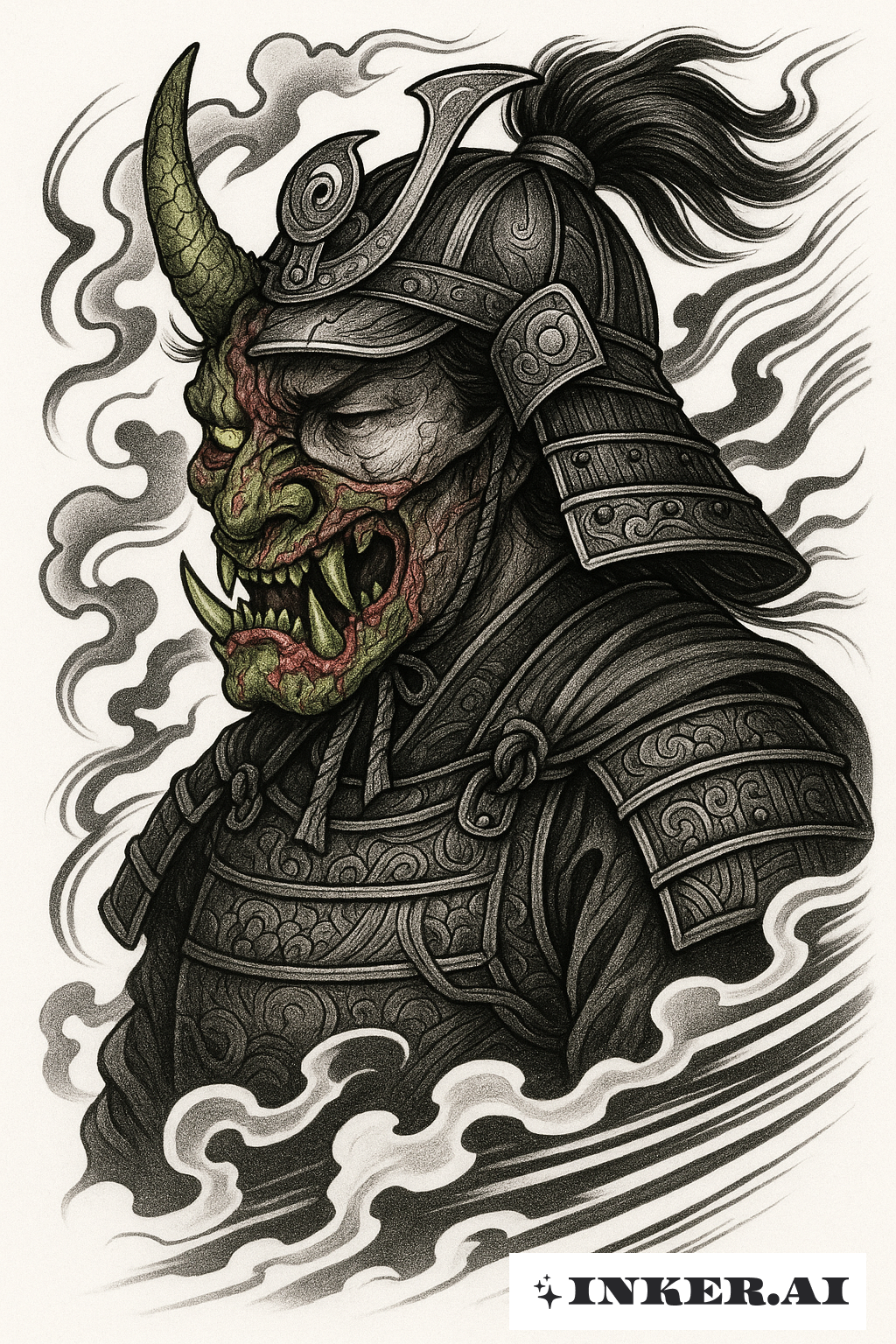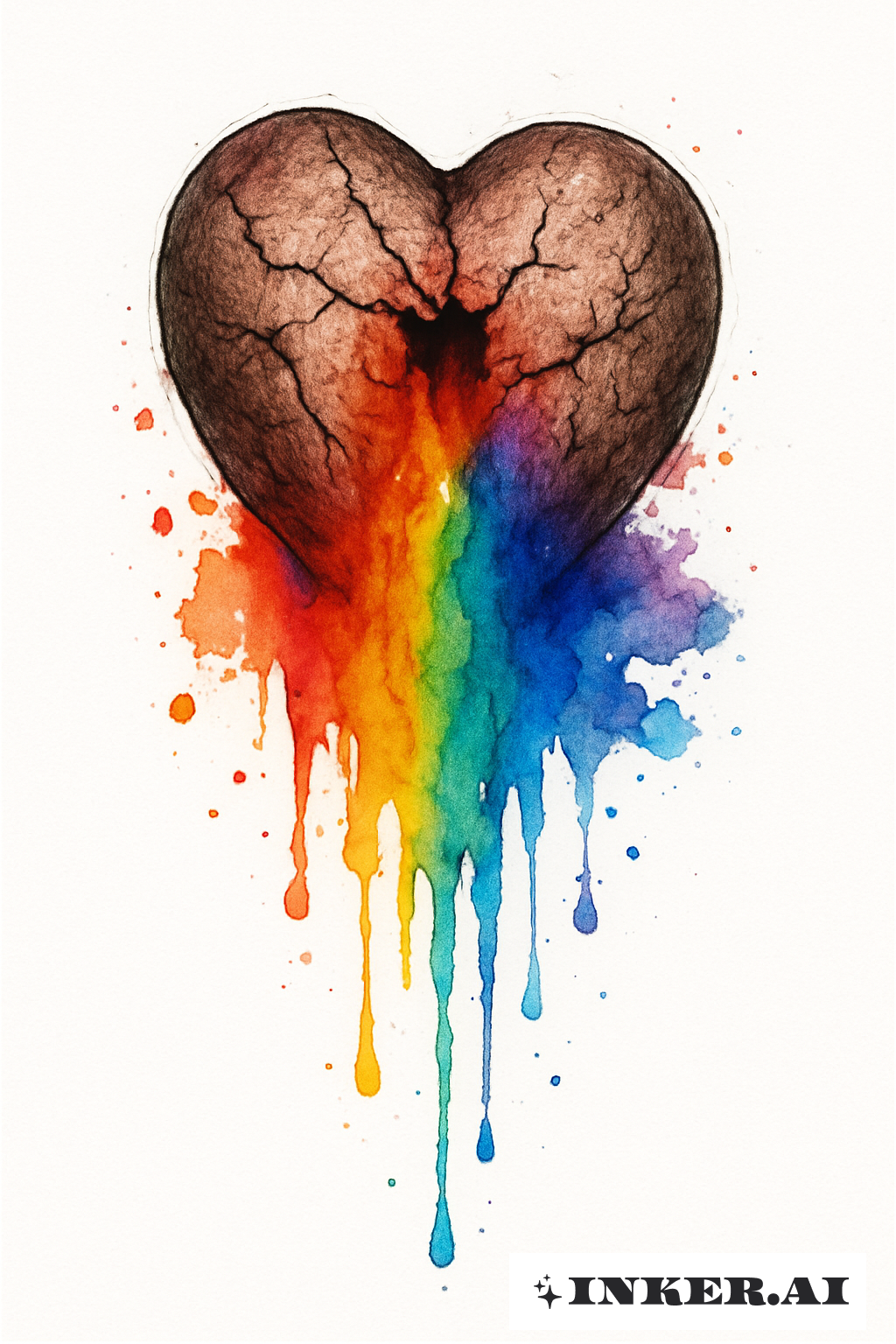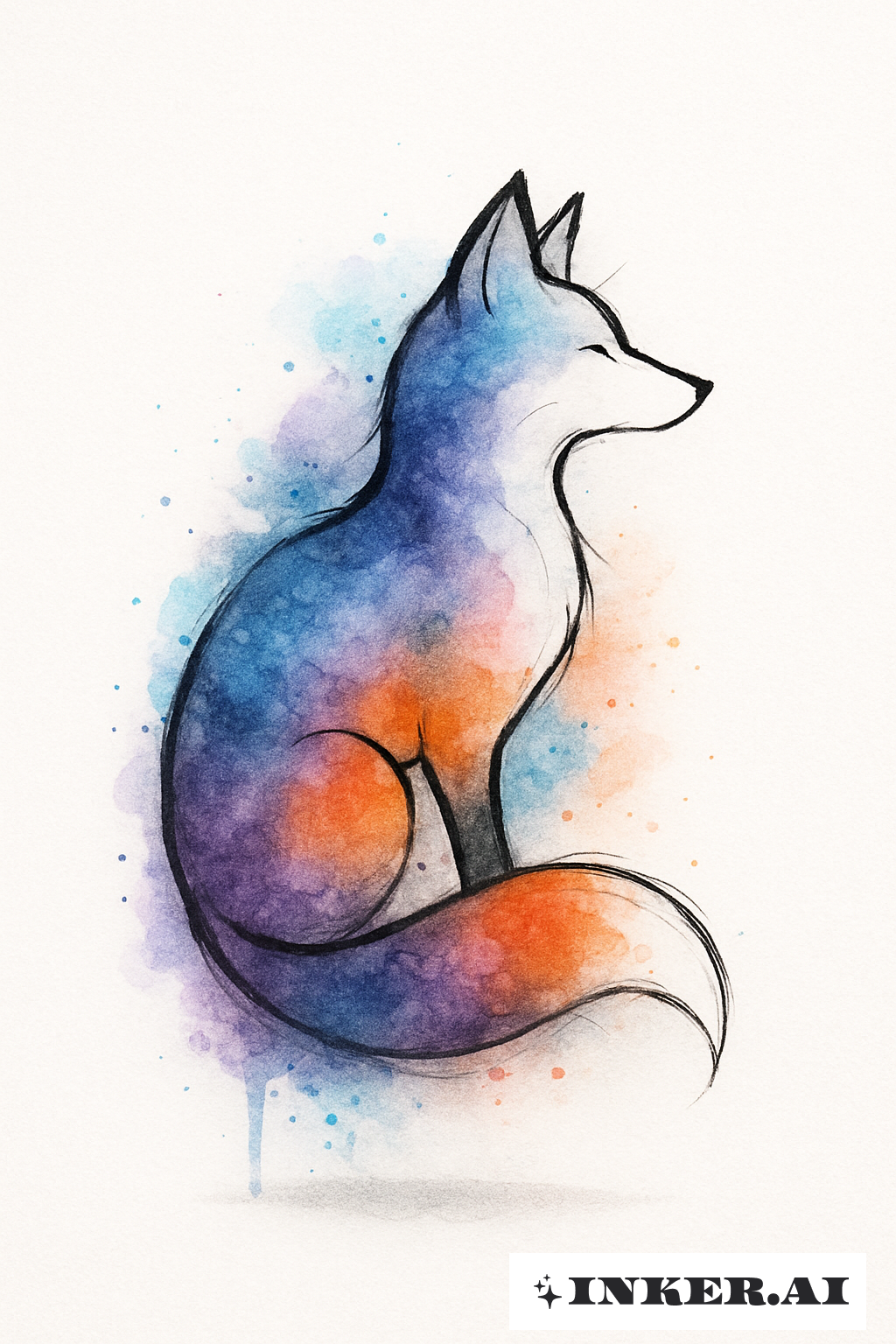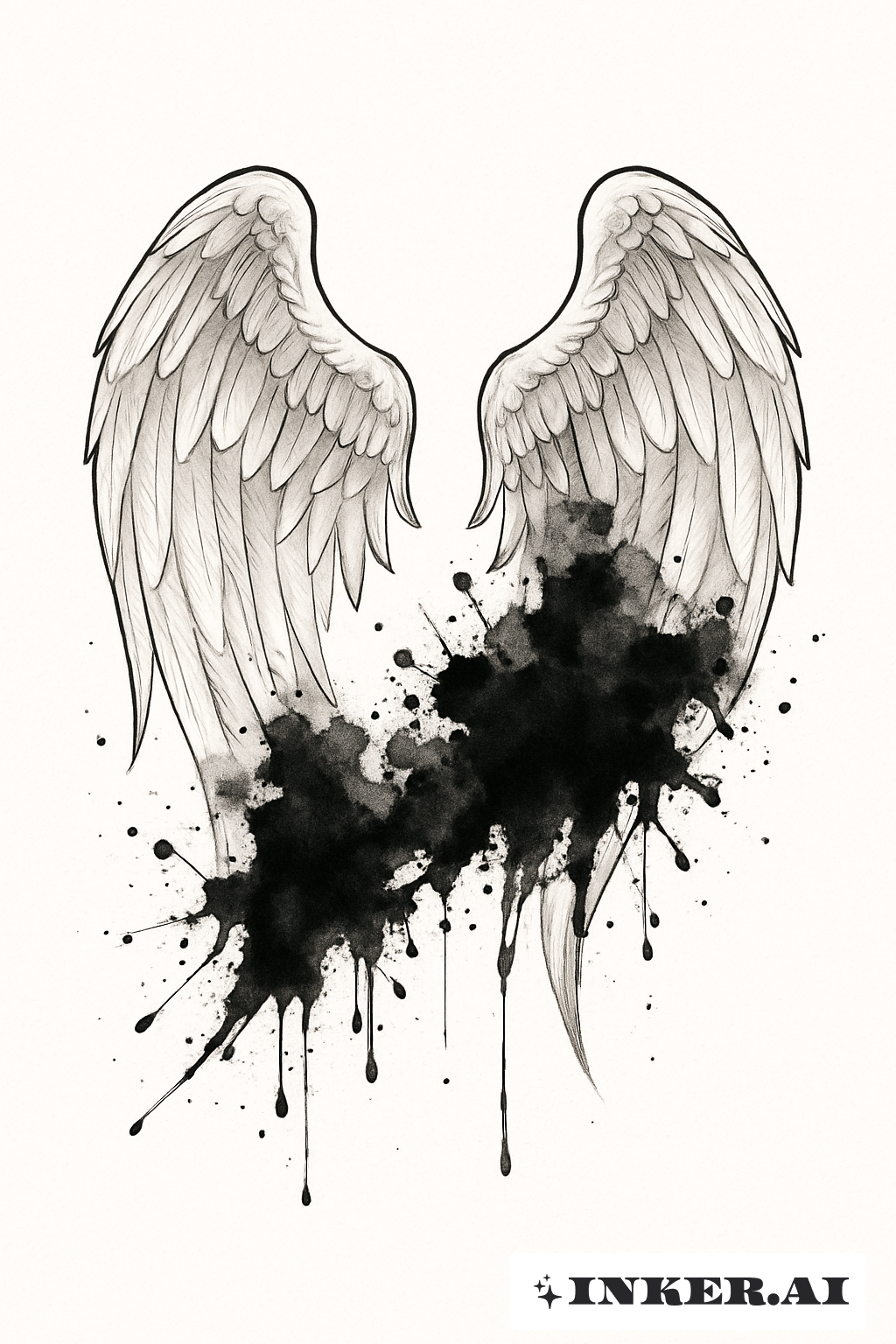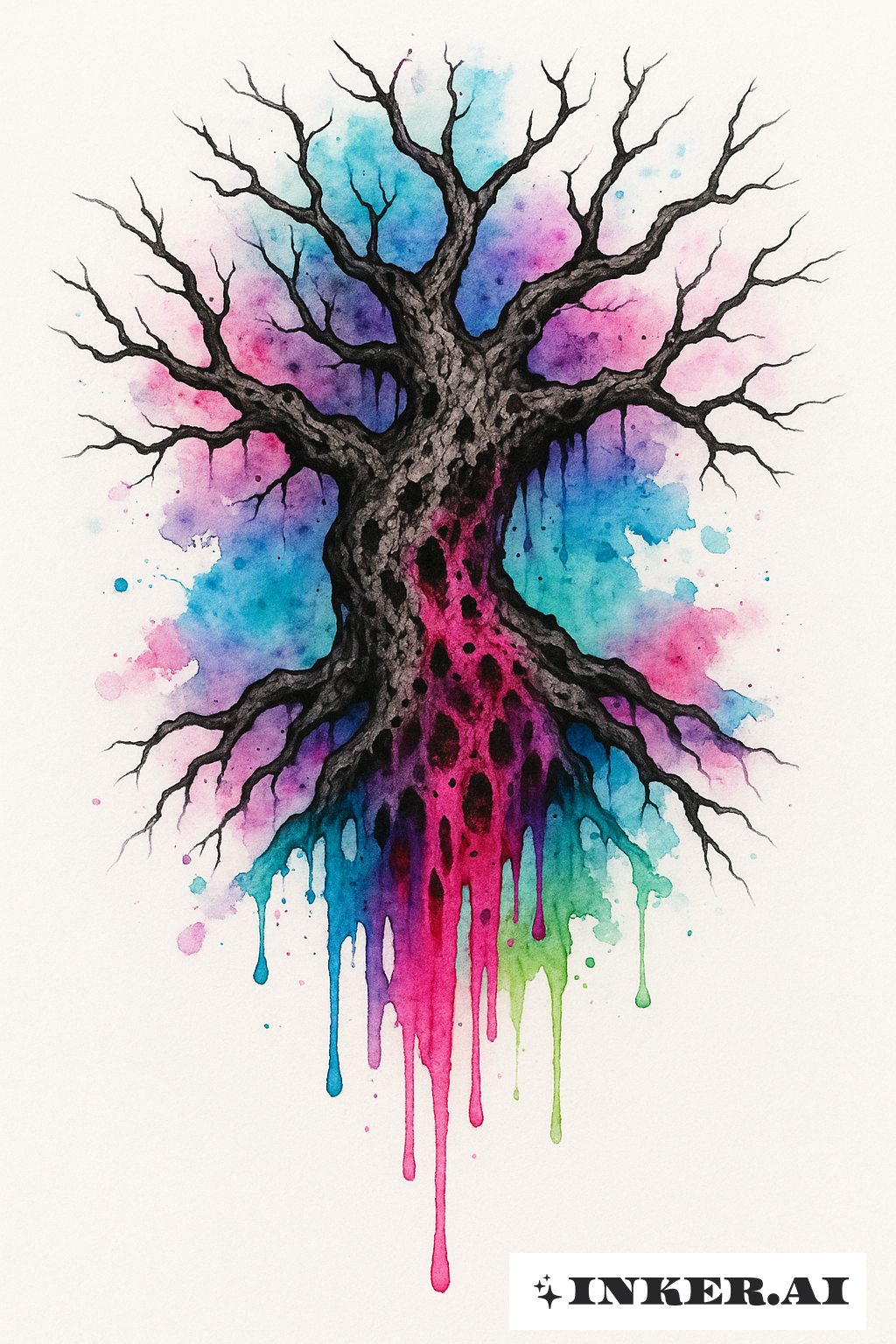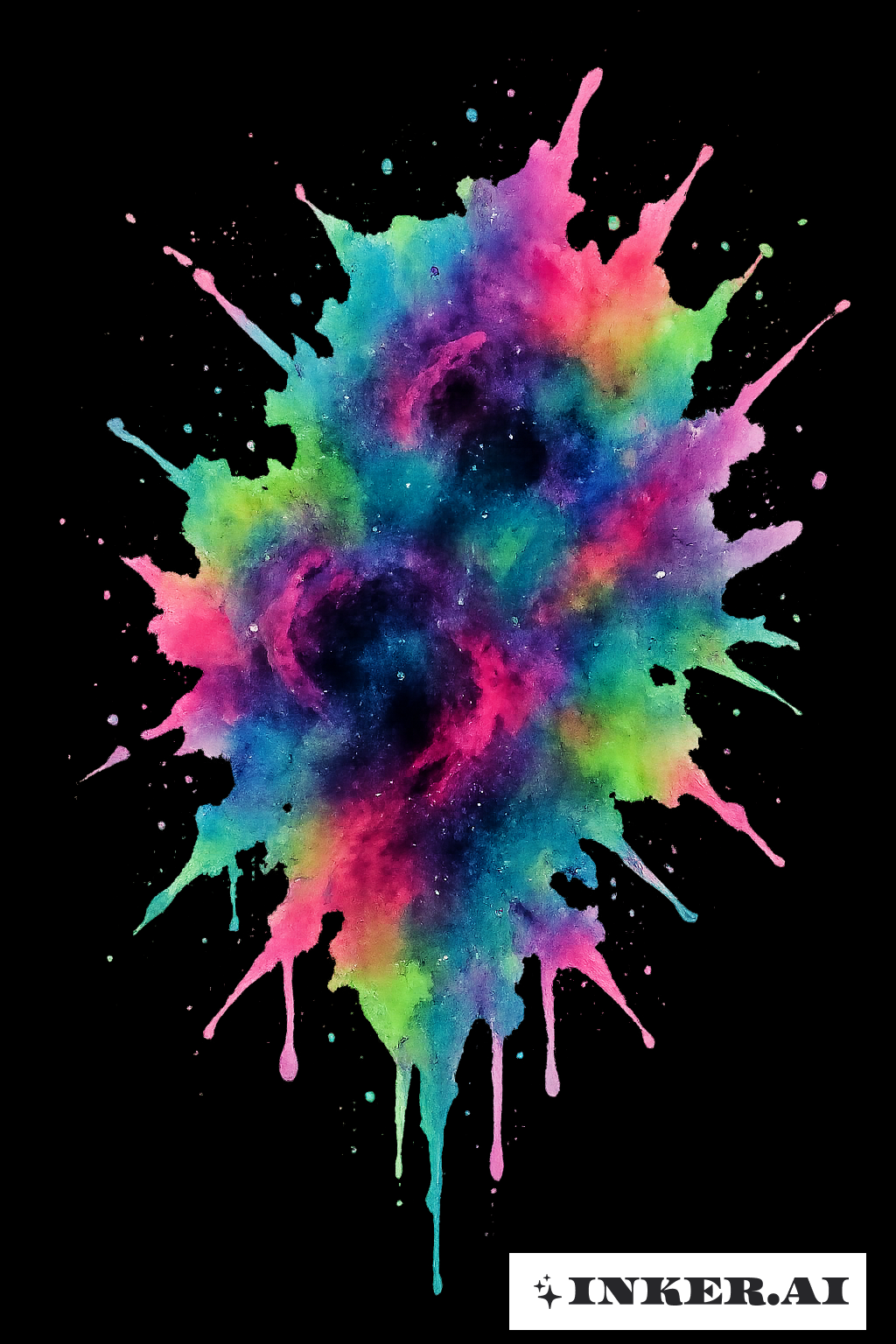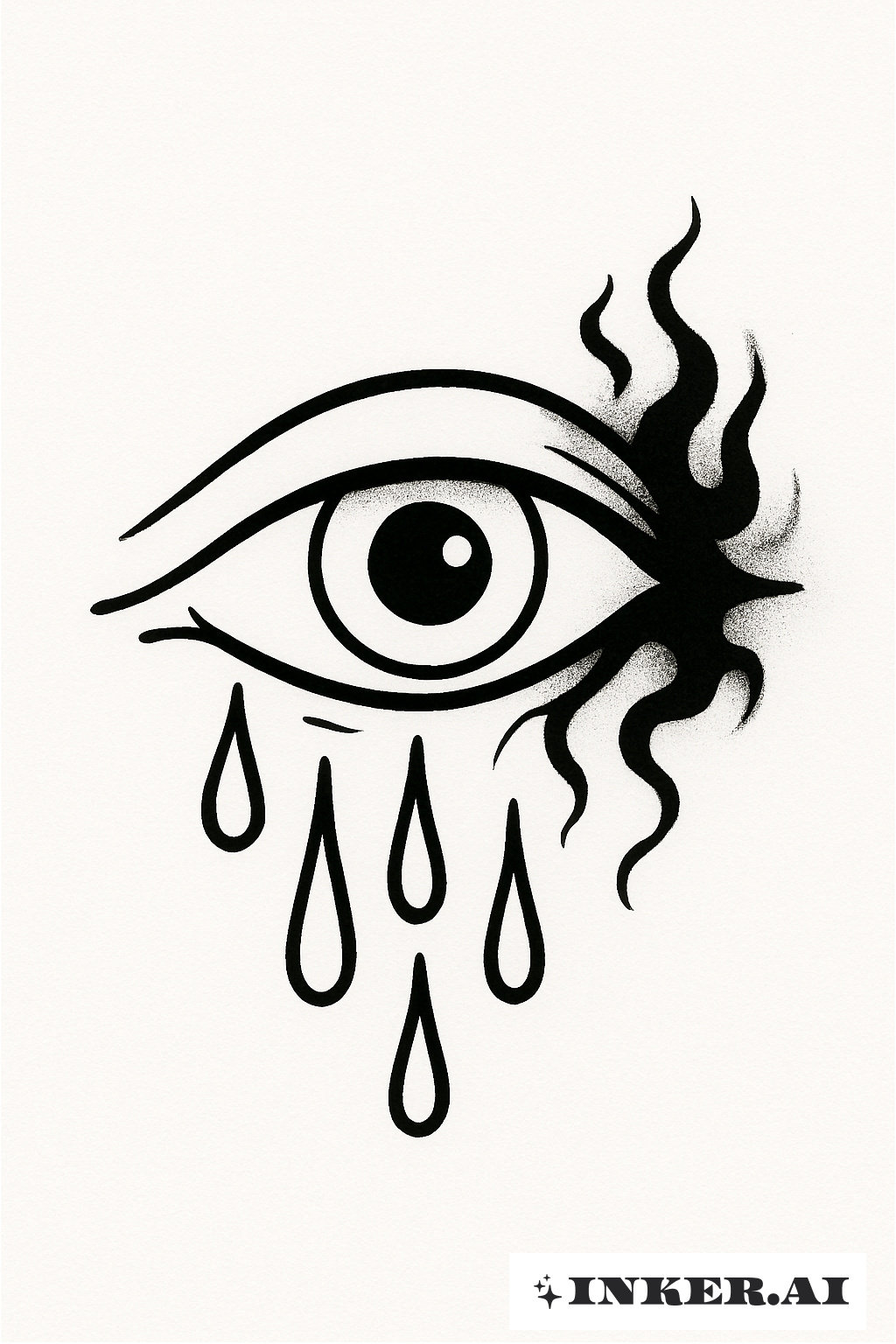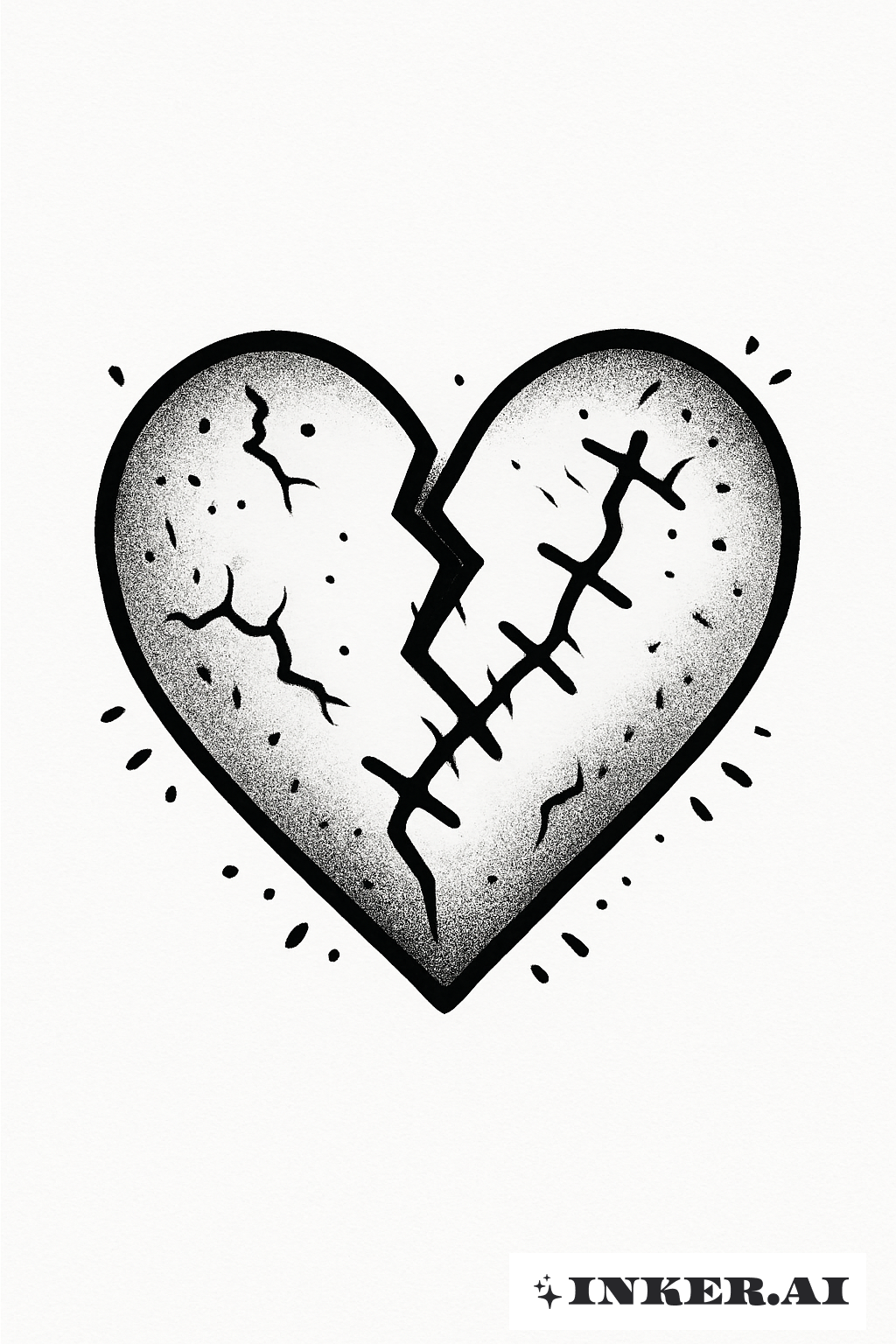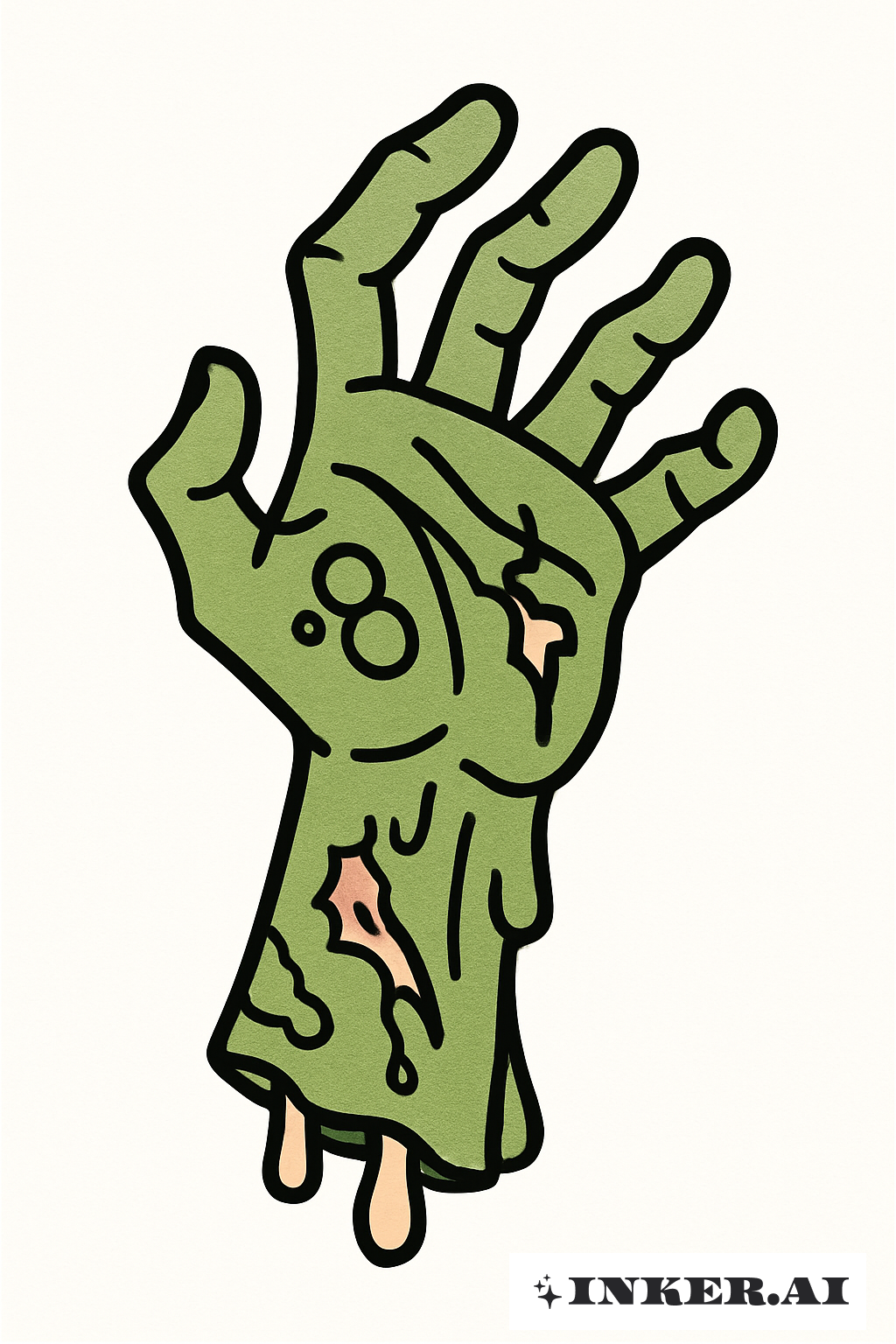Cultural Meaning Of A Samurai's Infected Hannya Mask Tattoo Design
The Hannya mask in Japanese culture traditionally represents a female demon driven by jealousy and rage, often used in Noh theatre. This tattoo design goes a step further, depicting the mask as infected, intertwining themes of decay and transformation. In the Japanesetattoo style, such symbolism is powerful, suggesting emotional narratives like inner darkness, unresolved anger, or downfall due to negative emotions. The Infectedtattoo idea here adds a layer of horror and modern commentary, perhaps serving as a grim reminder of how letting negative emotions spiral unchecked can lead to one's ruination. Tattoos often symbolize personal stories and warnings; this mask might serve as both a talisman against personal demons and a representation of the struggle against emotional turmoil.
Design Inspiration Of A Samurai's Infected Hannya Mask Tattoo Design
This tattoo design draws inspiration from traditional Japanese Noh masks, specifically the Hannya mask, which embodies complex emotions such as jealousy and torment. The added element of infection stems from contemporary horror art, reflecting the evolution of timeless fears into new forms. This blend of tradition and modernity invites reflection on personal battles and societal changes, making it not only a piece of art but a dialogue between past and present.
